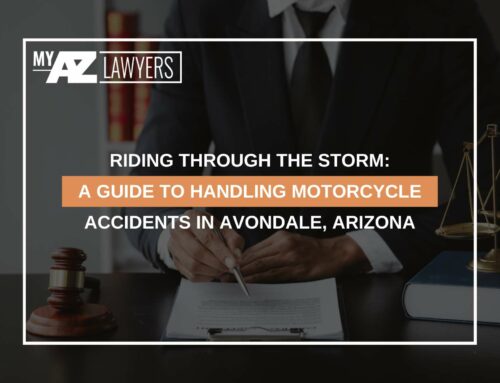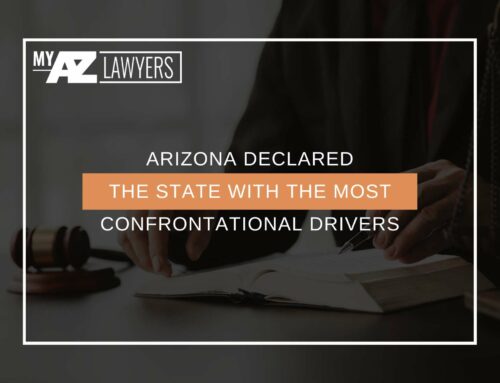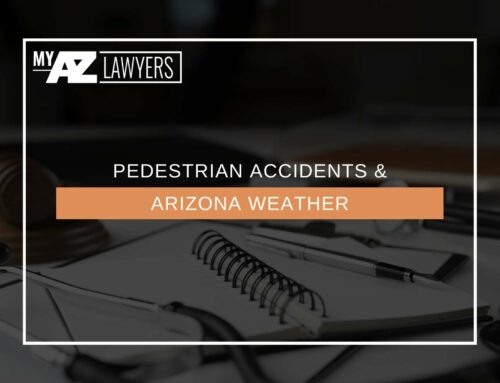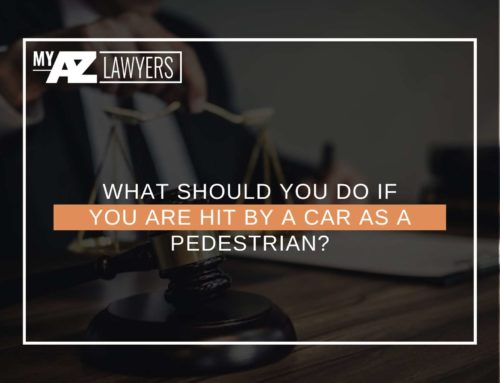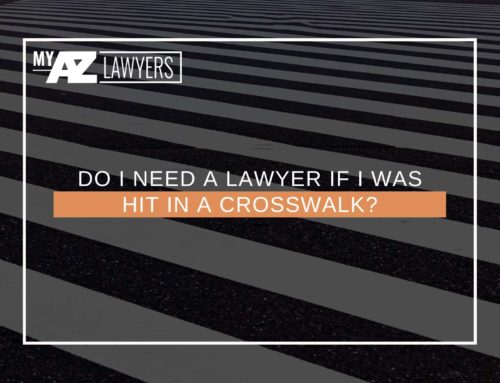ADLs & Personal Injury Claims
How Activities Of Daily Living Can Impact Your Injury Award
Personal injury claims arise out of a variety of types of accidents. Being in a car accident, slipping and falling in a public establishment, being bitten by someone’s dog, and more can cause substantial injuries that are traumatic and expensive. Serious injuries may cause someone not just to miss work, but be unable to do chores around the house or even manage general personal care. Activities of daily living, or ADLs, can be used as a benchmark to show how severe an accident victim’s injuries are. Someone who can’t complete their ADLs essentially becomes dependent on others, which is a situation few wish to endure. Obtaining a fair personal injury award could be crucial for the victim to be self-sufficient and avoid burdening loved ones. Our Arizona injury attorneys can help you do just that. Let us leverage our experience and knowledge of Arizona law to negotiate an award with the insurance company that will let you move on with your life. If necessary, our team is prepared to take your claim all the way to trial. Call to learn more with your free consultation at 480-448-9800.

What Are Activities of Daily Living?
Activities of daily living are defined as “essential and routine tasks that most young, healthy individuals can perform without assistance.” The term first came about in the 1950s to define daily functional activities like bathing, eating, and more. Someone who can’t perform their ADLs may need assistance from devices, or they may require assistance from another person. There are six categories of basic activities of daily living: ambulating, continence, dressing, feeding, personal hygiene, and toileting.
Ambulating
Ambulating is essentially a more formal term for walking. It can involve moving from one location to another in general, and ambulating without assistance is what is checked for here. Someone whose ADLs have been negatively affected may need a cane or walker to get around, or may not be able to get out of bed at all.
Continence
Continence is one’s ability to control their bladder and bowel functions. It’s easy to imagine how continence issues could make working, running errands, and generally being in public difficult.
Dressing
Dressing involves not just putting clothes on but also the ability to pick out appropriate clothes for a situation. For example, someone may have the ability to pull on pajama pants, but not have the mental awareness that they aren’t appropriate to wear to a restaurant or another public place.
Feeding
This only encompasses the task of eating, chewing, swallowing, digesting, etc., food rather than indirect tasks related to feeding, such as grocery shopping and cooking.
Personal Hygiene
If someone becomes physically unable to bathe, they could develop infections and other medical problems. Personal hygiene also includes tasks like brushing one’s teeth, nail cleaning and clipping, and more.
Toileting
Continence is the ability to control bodily function surrounding toilet use, but toileting is the ability to get to and from the toilet, use it correctly, and clean it properly.
Instrumental Activities Of Daily Living
Obviously, the skills described above are crucial to someone’s quality of life. But those skills alone aren’t truly enough to survive in the modern world, as someone needs to buy groceries to eat, drive to get to the grocery store, and earn an income to afford all of that. Instrumental ADLs are more complex tasks that are still essential to daily functioning. Instrumental ADLs may require the use of devices or more complex thought processes than basic ADLs.
Housecleaning & Home Maintenance
This means cleaning up after cooking meals, keeping living areas neat, and other maintenance tasks around the home.
Managing Communication
This traditionally means mail and telephone, but can include more modern methods of communication like e-mail as well.
Managing Finances
If the bills aren’t paid, the lights won’t stay on, assets could be repossessed, and more. If the person in question has other financial assets, managing those is also considered an instrumental ADL.
Managing Medications
This refers to a person’s ability to fill their prescriptions and take them as prescribed. This can become more complicated the more medications that a person is prescribed. Some medications may need to be taken at certain times of the day, only with medication, never with alcohol, and more. A person may need to avoid driving and operating heavy machinery while on their medication as well.
Shopping & Meal Preparation
This category involves the more advanced parts of feeding, which is a basic ADL. Cleaning up after the meal is part of the housecleaning and home maintenance instrumental ADL. Someone doesn’t need to be a 5-star chef to be considered capable of completing the instrumental ADL of shopping and meal preparation. They just need to be able to prepare food that is edible and provides at least basic levels of nutrition.
Transportation & Shopping
While many people drive to get to the grocery store, someone is capable of completing this instrumental ADL if they walk to a neighborhood market, take public transportation, etc. And just because someone can drive to the grocery store doesn’t necessarily mean they can get from their vehicle to the store, even if to use a store-provided wheelchair. Someone could also struggle with reaching and grasping items on the shelves.
ADLs & Personal Injury Claims
In a personal injury claim, a plaintiff can pursue compensation for economic damages like lost income, lost earning potential, medical bills, and future medical expenses. The plaintiff can also pursue noneconomic damages or those that don’t have a precise numerical value. Oftentimes, all noneconomic damages will be pursued together as pain and suffering. Demonstrating how injuries have impacted an accident victim’s ability to complete ADLs can be an effective way to render a higher injury award.
Another issue with not being able to complete ADLs is that it can create extra costs for the accident victim, or cause someone else in their household to take over their responsibilities. An accident victim may need to hire a housekeeper, landscaper, meal delivery service, and more to handle ADLs that they cannot. The accident victim may have a spouse or family member who needs to take time off of work or otherwise make sacrifices to take care of ADLs for their loved one.
Your Arizona Personal Injury Team
Even if you have been injured in an accident so severely as to impede your ability to complete ADLs, insurance companies train their employees to pay out as little on these claims as possible. Their adjusters know tactics and maneuvers that can force you into making statements that can damage your claim, which will ultimately reduce your award. One of the best ways to avoid these kinds of traps is by hiring your own injury attorney to act as your legal representative in your claim. Once you hire a personal injury attorney at My AZ Lawyers, they will directly be in charge of all communications with the court and the insurance company. Spend less time stressing about your injury claim and more time resting and recovering. Get started today by evaluating your claim with your free consultation- call 480-448-9800 to schedule your free appointment with one of our experienced personal injury lawyers.
Arizona Offices:
Mesa Location:
1731 West Baseline Rd., Suite #100
Mesa, AZ 85202
Office: (480) 448-9800
Email: info@myazlawyers.com
Website: https://myazlawyers.com/
Phoenix Location:
343 West Roosevelt, Suite #100
Phoenix, AZ 85003
Office: (602) 609-7000
Glendale Location:
20325 N 51st Avenue Suite #134, Building 5
Glendale, AZ 85308
Office: (602) 509-0955
Tucson Location:
2 East Congress St., Suite #900-6A
Tucson, AZ 85701
Office: (520) 441-1450
Avondale Location:
12725 W. Indian School Rd., Ste E, #101
Avondale, AZ 85392
Office: (623) 469-6603


